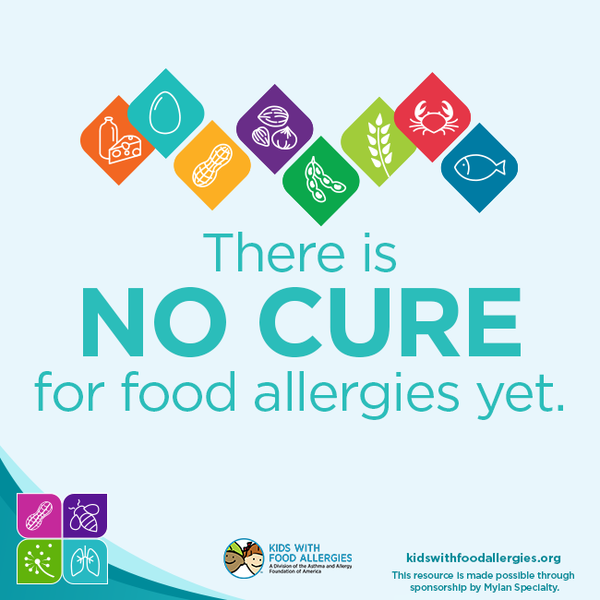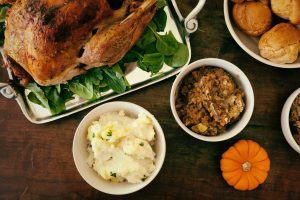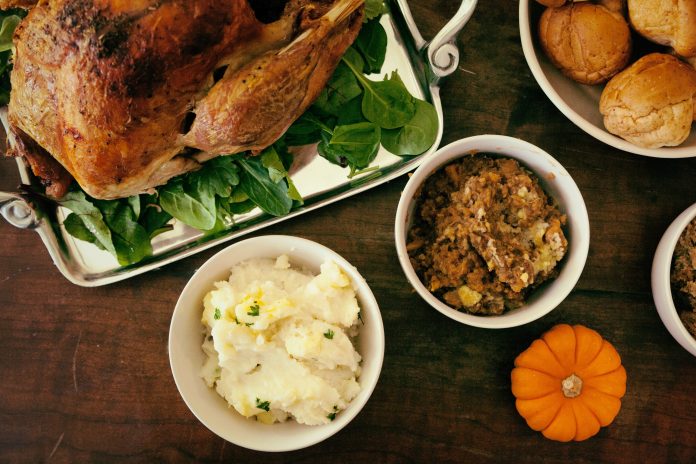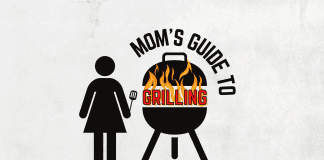If you don’t have food allergies and don’t know anyone with them, be thankful. And, if you have food allergies or love someone who has them, like I do, be thankful. Because of continuous research and education, food allergies – even rarer ones – are becoming better known and understood, and better treatment for these allergies exists.
Food allergy 101
 According to FARE or Food Allergy Research and Education, one in every 13 children has a food allergy. Many people in my family have food allergies. My granddaughters, as well as their dad, aunt, and mom. Our oldest daughter has developed them in the last few years, too.
According to FARE or Food Allergy Research and Education, one in every 13 children has a food allergy. Many people in my family have food allergies. My granddaughters, as well as their dad, aunt, and mom. Our oldest daughter has developed them in the last few years, too.
The eight most common food allergens are:
- milk
- egg
- peanut
- tree nuts
- soy
- wheat
- fish
- shellfish
Although those are the top eight, there are many other foods that people are allergic to.
When you have a food allergy, your immune system reacts to a food protein (allergen) in many ways including coughing or wheezing, hives, abdominal pain, swelling, a sense of doom, and/or anaphylaxis.
There has been a 377% increase in anaphylactic food reactions in the years between 2007 and 2016. And every 3 minutes someone has to go to the ER because of a food allergy.
And while no cure exists for food allergies, there are more alternative foods and therapies developed every year.
So how do you enjoy the holidays if you or a loved one has food allergies? I’m glad you asked!
Turkey day

You may think a turkey itself would be allergy-free, but according to the ACAAI or the American College of Allergy, Asthma, and Immunology, self-basting turkeys might include soy, wheat, and dairy. And if you use an oven bag to cook the turkey, the directions call for a TBSP of flour at the bottom of the bag.
Who would’ve thought a bird would be dangerous!
Here are a couple of tricks though. Buy a natural turkey, not self-basting, and use gluten-free flour or corn starch instead of regular flour.
As far as side dishes, you can swap chicken broth (check for wheat ingredients) instead of milk and a dairy-free butter or margarine. Many dishes can be modified and honestly, if you don’t tell your hungry family, they won’t notice.
This is a great time to make healthier desserts, too. Many desserts for the holidays are not safe for people with food allergies so be sure to try some substitutes. My daughter often brings her own because she has so many allergies.
It will take some modifying to make sure your holiday feasts are allergy-friendly. I always ask my oldest daughter for advice on what to cook and how to modify recipes. She’s become an expert on this and is my go-to.
Celebrating the holidays

Kids with Food Allergies has a PDF available with lots of tips to keep the holidays safe. One thing they recommend is to host your own holiday party. That way you can be in control of the menu as well as prevent cross-contamination.
The same holiday food tips I gave above for Thanksgiving work for other holiday celebrations. Try to make the holiday more about family fun time and less about the food. Sit down with your family and make a list of fun things to do. Here are a few to get you started:
- looking at Christmas lights in the neighborhood
- having a Christmas decoration scavenger hunt
- making gifts like DIY hand soap or bath bombs
- playing board games
- making and delivering toiletry bags to the homeless
The ideas are endless, so be creative! Pinterest is a great source of non-food ideas.
Family tips
What if your family doesn’t recognize or accommodate you or your child’s food allergies? It can be isolating because so many holidays revolve around food.
First, advocate for yourself and your kids. Although your family or friends still may not support you, your life and health depend on it. If your child has food allergies, start teaching them early how to advocate for themselves.
If you need to, bring your own food. Understand that if you go somewhere and they’re not accommodating for you, you can’t eat. Just socialize.
You can plan some non-food activities, which is hard sometimes. But again, this puts you in control of the situation.
Cross-contamination tips
Cross-contamination can be a big problem, but here are some ways to help prevent it:
- Cook food in non-scratched pots and pans (stainless steel is a good option). My daughter actually has her own set because she has celiac disease, too. Food can get trapped in those scratches.
- Use separate serving utensils with each dish. Again, stainless steel utensils are a good alternative.
- Have everyone wash their hands before and after eating. This is a given but here is your reminder!
- If a recipe calls for nuts (for example), don’t assume your food allergic loved one can just pick the nuts off. The dish needs to be totally nut-free (or whatever food they’re allergic to).
- Don’t share food, drinks, or utensils.
- Use paper towels, napkins, or wipes to clean before and after a meal as sponges and towels can trap those allergens.
Encouragement
In her article, How to Support Those Around You With Food Allergies, Leah Stuhler tells the story of how she found out her son had a food allergy. It was Thanksgiving, and he ate a cookie. Just a cookie. But he was allergic and had hives and severe swelling. I know, that’s not encouraging, but what is encouraging is that they found out and learned how to help her son stay safe.
Yes, food allergies are difficult and scary, but knowledge is power.
Get the information you need, and if it’s a loved one with food allergies, learn to advocate for them and prepare things they can enjoy. Although there is no cure, we can learn to live with food allergies.
Websites for more information
Check out these websites for tons of food allergy information and guidance. Several of them provide recipe substitutions also. Just search for “recipes” in the search bar.
FARE – http://www.foodallergy.org/
Kids with Food Allergies – http://www.kidswithfoodallergies.org/
The American College of Allergy, Asthma, and Immunology – http://acaai.org/allergies/types/food-allergy
The American Academy of Allergy, Asthma, and Immunology – http://www.aaaai.org/conditions-and-treatments/allergies/food-allergies
AllergyHome – http://www.allergyhome.org/











